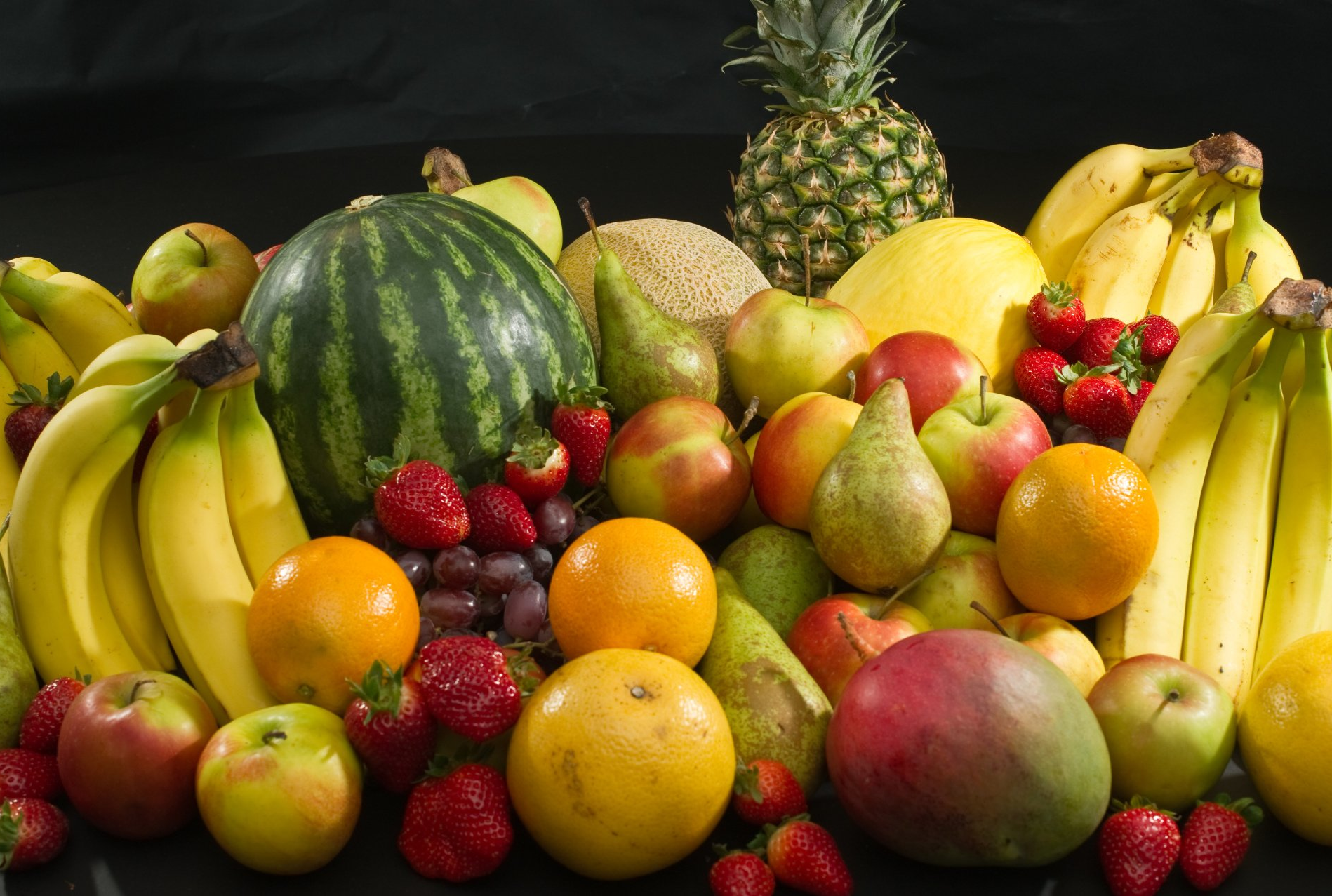Shared Culture of Oneness- Here, There and Elsewhere: What of Cultural Respect?
- By kwende ukaidi
- •
- 29 Nov, 2024
- •
Celebrating the Magnificent Harvest of All-Year-Round Ascension

So intimately interconnected are Afrikan souls with their self-determined authentic cultural fabric (creatively restored or otherwise) on a natural basis, that the respect that they have for their culture is a matter of self-respect.
According to a mainstream source the term self-respect attracts the following detail:
“a feeling of respect for yourself that shows that you value yourself”.
Another mainstream source offers the following commentary in relation to cultural respect:
“Cultural respect can be defined as the recognition, protection and continued advancement of the inherent rights, cultures and traditions of a particular culture”.
Bringing the two sourced details together with a focus specifically upon the experience of Afrikan people at the shared level of oneness calls for adaptation. As such, alteration may yield something that looks like the following:
“The cultural respect Afrikan souls naturally hold for their own authentic and self-determined way of life (creatively restored or otherwise) means that Afrikan souls: recognise the core and fundamental importance of their shared cultural substance of oneness; protect their core and shared Afrikan cultural substance and the totality of their outward and upright cultural expressions; embrace and engage in their advancement and amplification of their cultural practice to realise their fullest flourishing and security – here, there and elsewhere. The cultural respect Afrikan souls have for their authentic way of life (creatively restored or otherwise) is naturally a matter of self-respect which highlights the naturally inextricable link between this people and their culture and also the norm of exceptional value this soul people hold for themselves”.
Unfortunately, in a state of interruption and disruption where others that mean the Afrikan ill may seek to destroy authentic Afrikan culture (creatively restored or otherwise), Afrikan souls’ cultural respect may suffer as an obvious consequence. Certainly, the pushing and peddling of damaging and divisive pseudo-identities, pseudo-cultural fabric and the like may become tools utilised with intent to undermine authentic Afrikan cultural practice and respect.
Void of cultural respect for authentic Afrikan culture (creatively restored or otherwise), an imposed pendulum-swing may see the realisation of cultural disrespect. Yet another mainstream source offers the following commentary on the subject:
“Cultural disrespect is generally considered unacceptable and can cause harm to individuals and communities. It is important to be mindful of the cultural norms and values of others, and to show respect for them. This can help to promote understanding, tolerance, and inclusiveness”.
Again, to relate this sourced detail specifically to the Afrikan experience adaptation is considered apt. The result of alteration may look something like the following:
“The cultural disrespect of authentic Afrikan culture (creatively restored or otherwise) is naturally considered to be unacceptable to Afrikan souls here, there and elsewhere as it can cause harm to the Afrikan world community. In this Afrikan souls can do themselves a great service in safeguarding against cultural disrespect by proxy of others meaning ill. It is important at the shared level of oneness that where local authentic Afrikan cultural norms exist that they are not negated but rather maintained as local cultural surefootedness can empower the Afrikan at the level of collective whole. Here, it is important for Afrikan souls to be mindful of and have respect for the dynamic range of localised uniqueness and – at the same time – hold respectful embrace of their authentic cultural norms and values at the level of shared oneness”.
Thankfully, with the exceptional examples of authentic cultural fabric creatively restored such as that of the Nguzo Saba and the observance of Kwanzaa from which it comes, Afrikan souls have vehicles of shared cultural oneness from which they can exercise their natural norm of cultural respect. After all, civilisation is not of happenstance.
Kwanzaa is one of the essential cultural observances of life within the Universal Royal Afrikan Nation. The Universal Royal Afrikan Nation (URAN) is an Afrikan-centred spiritual and cultural mission for ascendancy that embodies living spiritually and culturally rooted life. To find out more about URAN and its spiritual-cultural mission for liberty and nationhood click here. The exquisite URAN pendant can be obtained online by clicking here.
In his capacity as an Afrikan-centred spiritual cultural practitioner this author is available for further learning in this regard and also for the carrying out of ceremonies such as naming and name reclamation. For details please click here.
Afrikan World Studies programmes are an important forms of study in understanding the Afrikan experience. There are a range of subjects covered on these programmes including History, Creative Production, Psychology and Religion. To find out more about these learning programmes please click here. For the video promo for these learning programmes click here.
Also, in the approach to the important cultural observance of Kwanzaa, the text: From Pert-En-Min to Kwanzaa - A Kuumba (Creative) Restoration of Sacred First Fruits by this author is available to purchase online here. This publication provides informative detail on the of the Kwanzaa celebration. You can also visit the institution of Yemanja -O to pick up a copy.
At nominal cost, also consider acquisition of an a4 laminate poster of articulations by this author when visiting the Yemanja-O establishment to enrol, consult, learn, gather or otherwise
